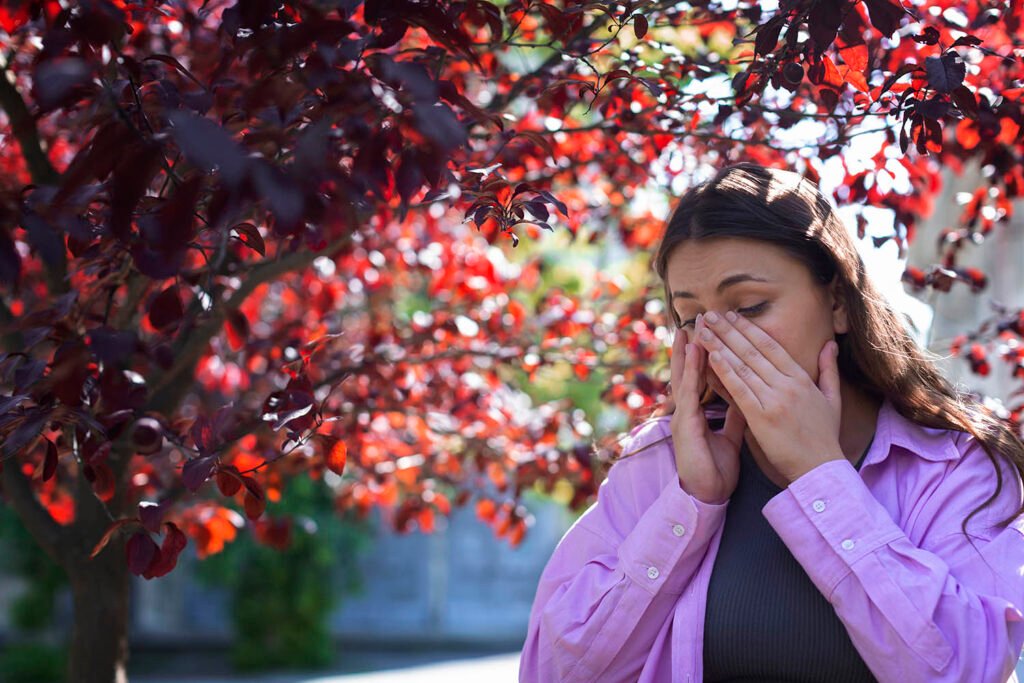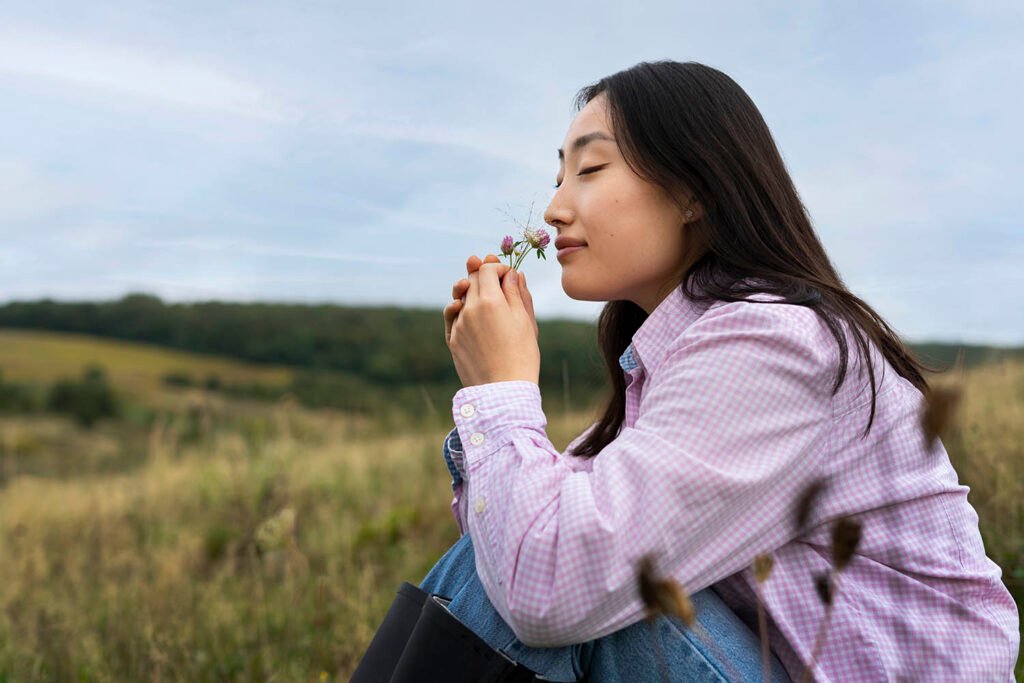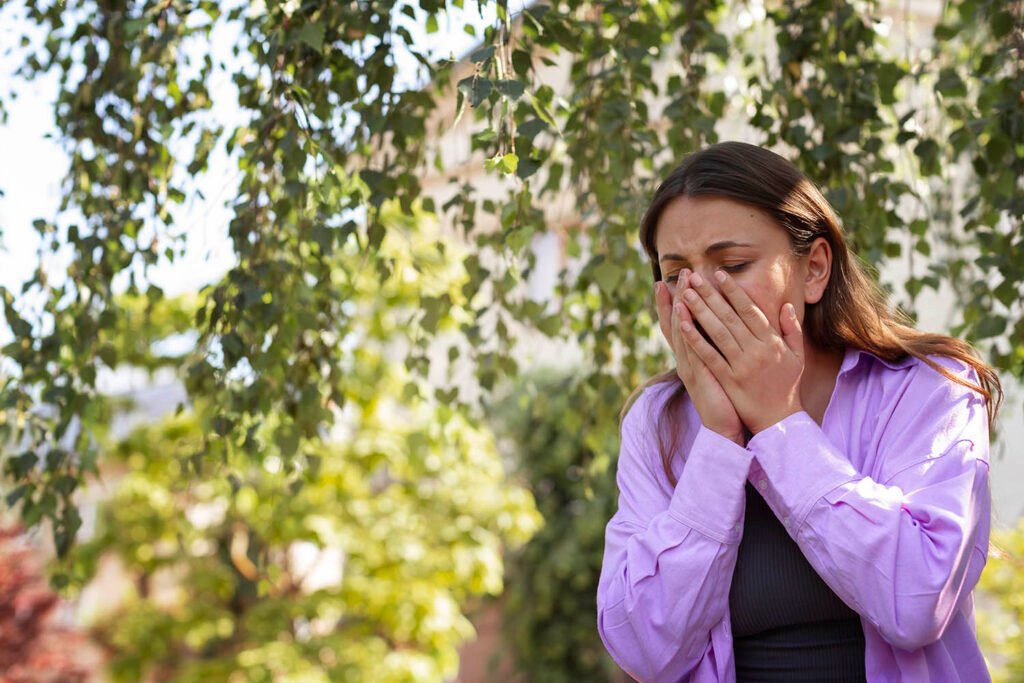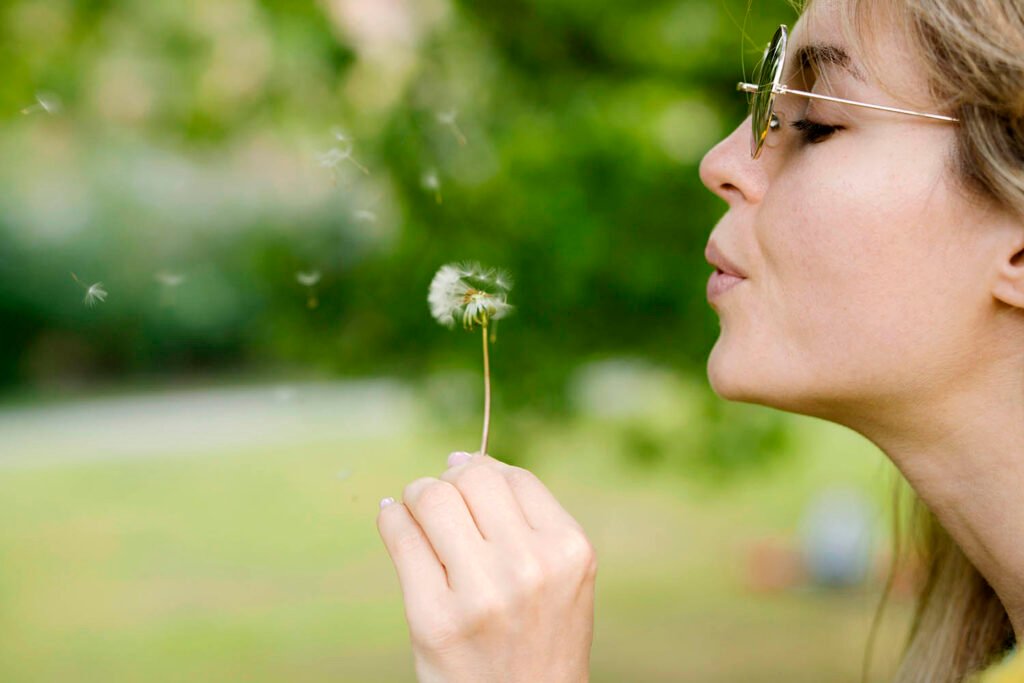Allergy season can be a nightmare for millions of people. Sneezing, itchy eyes, congestion, and fatigue can make even the simplest daily tasks unbearable. If you’re tired of relying on over-the-counter antihistamines that leave you drowsy, it’s time to explore natural and holistic alternatives. Herbal remedies and acupuncture provide effective, long-lasting relief from seasonal allergies by addressing the root causes rather than just the symptoms.
In this guide, we’ll explore how acupuncture and herbal remedies work together to relieve allergy symptoms and support your immune system naturally.
Understanding Seasonal Allergies
Seasonal allergies, also known as hay fever or allergic rhinitis, occur when your immune system overreacts to allergens like pollen, dust mites, mold, or pet dander. Your body releases histamines, causing inflammation and common allergy symptoms such as:
- Sneezing
- Runny or stuffy nose
- Itchy or watery eyes
- Postnasal drip
- Fatigue and headaches
While conventional treatments like antihistamines and nasal sprays can provide temporary relief, they often come with side effects such as drowsiness or dependency. This is where natural remedies like acupuncture and herbal medicine come in.

How Acupuncture Helps with Allergies
Acupuncture is an ancient Chinese medicine practice that involves inserting thin needles into specific points on the body to restore balance and stimulate healing. When it comes to allergies, acupuncture can:
- Reduce inflammation and histamine response
- Strengthen the immune system
- Clear nasal passages and sinus congestion
- Improve overall energy levels
Best Acupuncture Points for Allergy Relief
Several acupuncture points are particularly effective for treating seasonal allergies:
- LI-20 (Yingxiang) – Located on either side of the nose, this point helps open nasal passages.
- GB-20 (Fengchi) – Found at the base of the skull, this point relieves sinus pressure and headaches.
- LI-4 (Hegu) – Between the thumb and index finger, this point boosts immune function and reduces inflammation.
- ST-36 (Zusanli) – Located below the knee, this point enhances overall energy and immunity.
Acupuncture not only addresses allergy symptoms but also works on preventing future allergic reactions by regulating your immune system.

Top Herbal Remedies for Allergy Relief
Traditional Chinese Medicine (TCM) and Western herbal medicine offer powerful natural antihistamines and anti-inflammatory herbs that help alleviate allergy symptoms. Here are some of the best herbs for seasonal allergies:
1. Stinging Nettle
Stinging nettle is a natural antihistamine that reduces inflammation and alleviates nasal congestion, sneezing, and itching. It can be taken as a tea, supplement, or tincture.
2. Butterbur
Butterbur has been found to be as effective as some antihistamines without causing drowsiness. It helps reduce nasal congestion and relieve sinus headaches.
3. Quercetin
A natural flavonoid found in apples, onions, and green tea, quercetin stabilizes mast cells and prevents the release of histamine, reducing allergy symptoms naturally.
4. Astragalus
Astragalus is an adaptogenic herb that boosts immune function and helps the body resist allergens more effectively.
5. Peppermint & Eucalyptus
Both peppermint and eucalyptus have anti-inflammatory and decongestant properties, making them great for opening airways and relieving sinus pressure.
Combining Acupuncture with Herbal Remedies for Maximum Results
Using acupuncture and herbal remedies together provides a comprehensive approach to allergy relief. While acupuncture restores balance and enhances immune function, herbal medicine provides immediate symptom relief and long-term immune support.
For best results:
- Schedule regular acupuncture sessions, especially before and during allergy season.
- Incorporate herbal remedies into your daily routine to build resilience.
- Stay hydrated and maintain a healthy, anti-inflammatory diet rich in fruits and vegetables.
Additional Natural Remedies for Allergy Relief
In addition to acupuncture and herbs, other natural strategies can help alleviate seasonal allergies:
1. Nasal Irrigation
Using a saline rinse or neti pot helps clear allergens from nasal passages, reducing congestion and inflammation.
2. Local Honey
Consuming raw, local honey may help your body adapt to local pollen and reduce allergic reactions over time.
3. Probiotics
A healthy gut microbiome supports a balanced immune system, reducing the severity of allergic reactions.
4. Essential Oils
Lavender, peppermint, and eucalyptus essential oils can be used in a diffuser or applied topically to alleviate allergy symptoms.
5. Dietary Adjustments
Avoiding inflammatory foods like dairy and processed sugars while increasing intake of omega-3 fatty acids can reduce allergy-related inflammation.

When to Seek Professional Help
If your allergy symptoms persist despite using natural remedies, it’s important to consult a professional. Acupuncturists and herbalists can customize a treatment plan tailored to your unique needs, ensuring you get the best results.
Final Thoughts
Conquering allergy season doesn’t mean you have to rely solely on over-the-counter medications. Acupuncture and herbal remedies offer a safe, natural, and effective way to manage seasonal allergies without unwanted side effects. By taking a holistic approach, you can build resilience against allergens, strengthen your immune system, and enjoy the changing seasons with ease.
If you’re ready to experience natural allergy relief, book an appointment with Chiro and Acupuncture Inc. today! We specialize in holistic treatments that help you breathe easier and live better.
📍 Visit us at: 821 E Northwest Hwy, Suite 100, Grapevine, TX 76051 📞 Call us: (817) 552-7246 🌐 Click Here to Book online.

